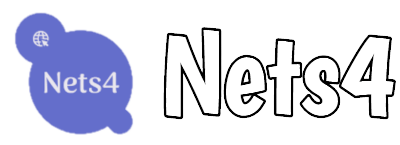In a move that challenges the notion that bigger is always better in artificial intelligence, Microsoft has unveiled the Phi-3 Mini, a remarkably compact AI model packing a punch with its 3.8 billion parameters. This pint-sized powerhouse is the smallest model in Microsoft's Phi-3 lineup, which also includes the forthcoming Phi-3 Small and Phi-3 Medium.
Despite its diminutive size, the Phi-3 Mini punches well above its weight class, outperforming its predecessor, the Phi-2, and even rivaling models ten times its size. Trained on a concise, curated dataset, this lean machine demonstrates that size isn't everything when it comes to AI capabilities.
Now available on platforms like Azure, Hugging Face, and Ollama, the Phi-3 Mini delivers robust performance on par with larger language models like GPT-3.5, according to Eric Boyd, Microsoft's corporate vice president. However, it does so with the added benefits of being more cost-effective and efficient on personal devices.
The development of the Phi-3 Mini aligns with Microsoft's strategic focus on lightweight AI models, which offer not only affordability but also better suitability for custom applications with smaller data sets. In an industry often fixated on massive models, Microsoft's approach demonstrates the potential of specialized, compact AI solutions.
Remarkably, the Phi-3 Mini's unique training approach was inspired by an unlikely source: children's bedtime stories. This unconventional approach has yielded a model poised to make a significant impact in areas like coding, reasoning, and beyond, challenging the notion that bigger is always better in the world of artificial intelligence.

